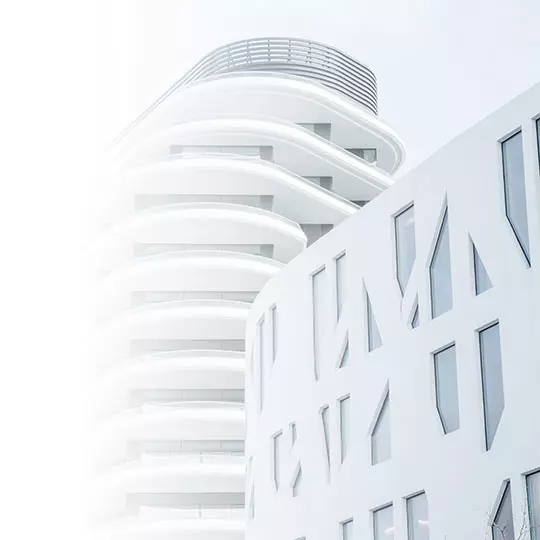
Vita Recovery offers an innovative approach to treatment that addresses the social, medical, emotional, and psychological needs of clients. Our sophisticated and tranquil clinic offers exclusivity and comfort to ensure treatment is undergone in a safe and supported space.
We are dedicated to ensuring our clients are equipped with the essential tools needed to embrace a healthier lifestyle on the path to long-term recovery from drug abuse.


Marijuana use disorder is characterized by compulsive use of the substance that goes on despite experiencing adverse consequences. Addiction can be difficult to spot due to the individual nature of the user. However, there are some common signs of addiction to look out for, including:
Constant or frequent cravings for marijuana
Unsuccessful attempts to stop marijuana use
Marijuana use continues despite persistent psychological or physical problems
Tolerance has developed - more of the substance is needed to achieve desired effects
Experiencing withdrawal symptoms when reducing intake or attempting to stop
If you are worried about your or a loved one’s marijuana use, it is best to discuss it with a mental health or substance use professional. Our exceptional team at Vita Recovery can guide you in getting a substance use disorder evaluation and will customize a personal plan to assist you throughout the recovery journey ahead.
The consequences of medication abuse depend on the drug. Stimulants can cause anxiety and weight loss, while drowsiness, nausea, and confusion are associated with depressant abuse. Other risks include neurological damage, organ failure, and psychosis.
When smoked, the active chemicals in marijuana instantly enter the bloodstream and are carried to the brain, resulting in a quick onset of effects. Many users are chasing a sense of relaxation and pleasant euphoria experienced after smoking; however, effects vary, and many users experience adverse side effects, including:
Altered mood and perceptions
Decreased appetite
Impaired coordination
Anxiety
Panic and paranoia
Acute psychosis, delusions, and hallucinations
Long-term substance abuse of any kind is likely to result in damaging mental and physical effects. Marijuana use, in particular, has been closely linked to mental health conditions such as hallucinations, paranoia, anxiety, and depression. Other long-term effects include:
Increased risk of lung infections
Increased blood pressure and heart rate
Breathing problems
Difficulties with memory, learning, and decision making
Development of psychotic disorders, such as schizophrenia


Many people like to believe that they have their marijuana use under control - that they are not addicted and are simply using the drug to "relax." While the popular belief is that marijuana is not addictive, after prolonged use, there is a high chance of dependency and addiction.
Without treatment, marijuana addiction and abuse can result in the following:
Increased risk of respiratory, cardiac, and neurological health challenges detailed above
Tension and rifts in relationships with loved ones, friends, and family members
Legal, financial, and social difficulties.
As time passes, the psychological elements of dependence strengthen and make recovery more challenging. However, with personalized support from a clinical team that understands the mental and emotional elements of marijuana abuse, anyone can overcome this addiction and restore presence to their lives.

Addiction differs in everyone, and all individuals require different levels and lengths of care. At Vita Recovery, our treatment programs are optimized for the client, the duration varies based on assessed need.
For pregnant women, withdrawal from marijuana must be slow and gradual to avoid adverse symptoms that could harm the mother or baby. If you are pregnant and want to know how we can support you, our team is always available to discuss options.
At Vita Recovery, we readily accept many major health insurance policies which cover medical treatments for drug abuse. Insurance coverage provided may differ, so check with your provider. Our team is also available to provide support in interpreting your insurance plan.
If you are accessing substance abuse treatment without insurance, you may be eligible for partial coverage or payment plans. We also accept payments from individuals. Contact us today at (786) 559-0623 for free and confidential advice.
Yes, outpatient treatment can be effective for marijuana addiction. This flexible program structure allows clients to continue day-to-day activities while benefiting from treatment in comfort and confidence, all with minimal personal disruption.
Although MAT has been proven to be effective in treating opioid and alcohol addiction, there are currently no FDA-approved medications that directly support marijuana addiction recovery. For clients at risk of intense withdrawal symptoms due to a co-occurring mental health condition, psychiatric and medical support may be delivered.
Withdrawal symptoms can range from mild to severe and vary for everyone. To minimize adverse symptoms, your care will be overseen by our clinical and medical professionals who will provide you with a plan, creating a safe, peaceful, therapeutic environment during this vulnerable transition.
Marijuana, commonly referred to as pot, weed, or ganja, originally comes from the cannabis plant. Some may smoke the dried flowers, while others brew, bake, or vaporize them. There are hundreds of strains of marijuana, with THC acting as the main psychoactive component.

